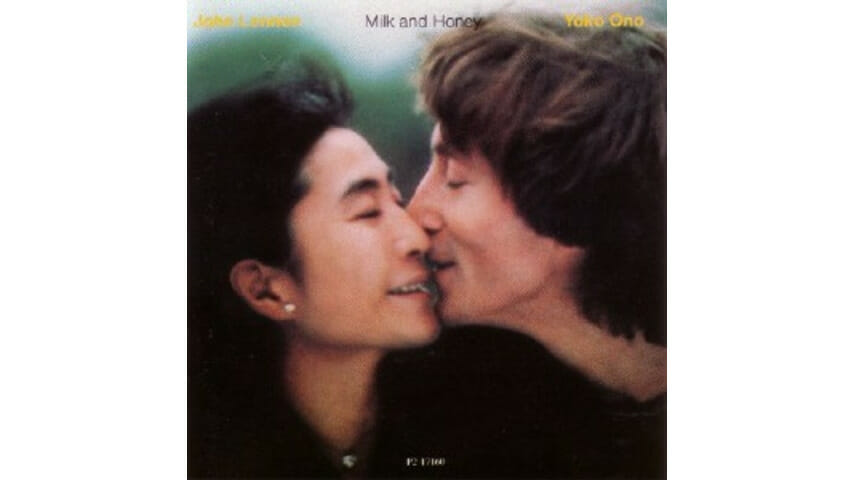John Lennon – Reissues

The Vulnerable Beatle
Lennon’s narrative-like catalog tailor-made for digital delivery
Live Peace in Toronto, 1969 – Three stars
John Lennon/Plastic Ono Band – Five stars
Imagine – Five stars
Sometime in New York City – Three stars
Mind Games – Four Stars
Walls and Bridges – Three stars
Rock ‘N’ Roll – Two stars
Double Fantasy – Three stars
Milk and Honey – Three stars
Lennon Anthology – Four stars
One of the more telling songs in John Lennon’s solo catalog is the tender “Look at Me.” Not the well-scrubbed version on his first album, but the unvarnished take on 1998’s Anthology, his posthumous 94-track box set of demos, outtakes and other unreleased gems. “Look at me,” he sings in a vulnerable rasp over the buzz and twang of acoustic guitar, “who am I supposed to be?” At one point, he even begs, “Please look at me.” And finally, Lennon – the soul of the Beatles, the musical heir of the ‘60s peace movement, the voice of a generation – asks the most basic human question: “Who am I?” He answers resignedly, “Nobody knows but me.”
-

-

-

-

-

-

-

-

-

-

-

-

-

-

-

-

-

-

-

-

-

-

-

-

-

-

-

-

-

-

-

-

-

-

-

-

-

-

-

-








































